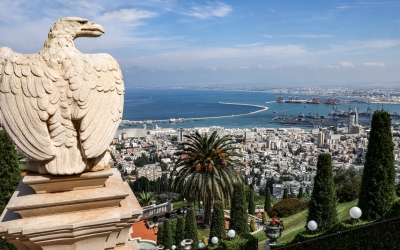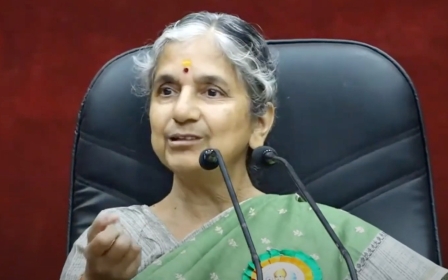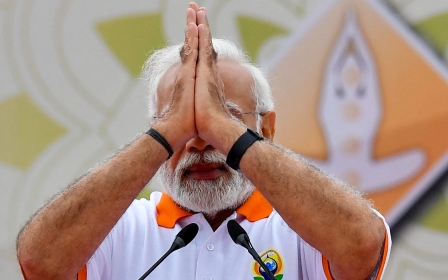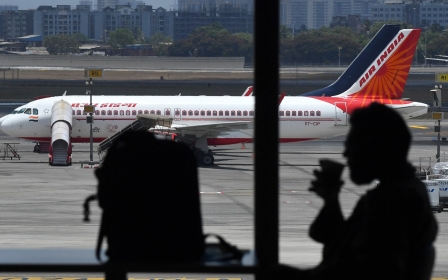India's Adani used shell companies, middlemen to manipulate own stock: Reports
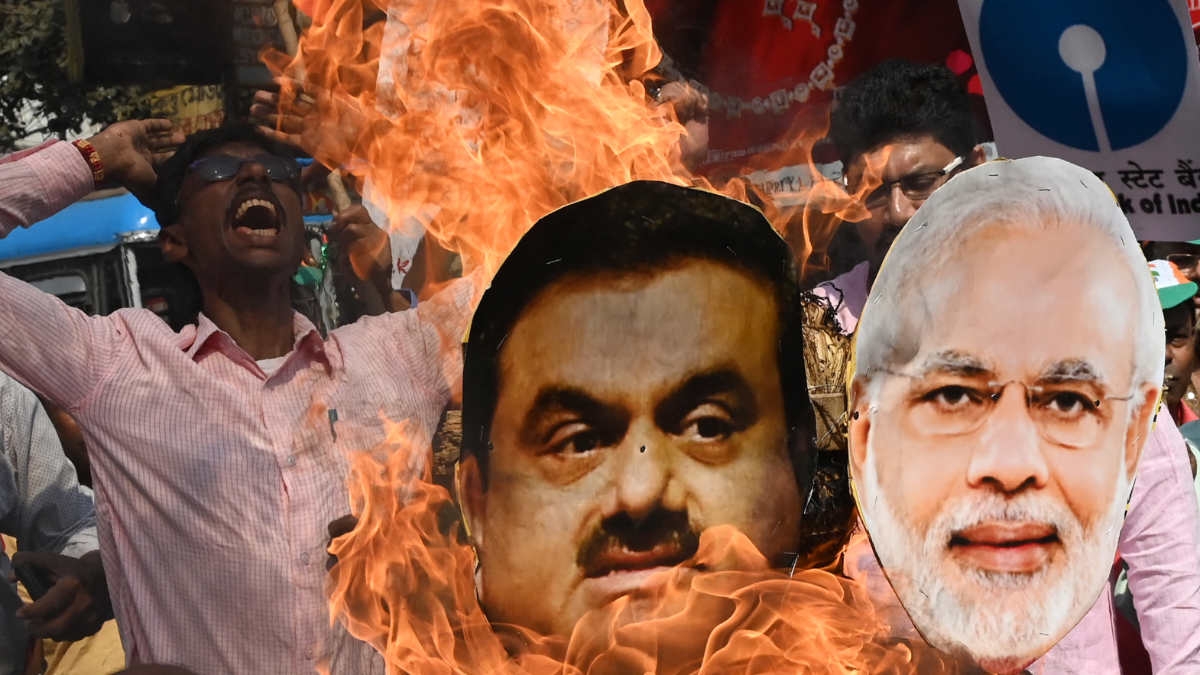
India's billionaire Adani family are accused of investing hundreds of millions of dollars in their own company stocks, using offshore shell companies and an Emirati middleman to conceal their identity, according to a report by the Organised Crime and Corruption Reporting Project (OCCRP).
The authors cite interviews and financial documents claiming that one of India's most prominent families with close links to Prime Minister Narendra Modi diverted funds into Adani stock to manipulate their market value between 2012 and 2018.
According to the OCCRP, the operation relied on two intermediaries - Nasser Ali Shaban Ahli from the United Arab Emirates and Chang Chung-Ling from Taiwan - who were overseen by an employee of Vinod Adani, brother of the Adani Group conglomerate's founder Gautam.
First reported by The Guardian and Financial Times, the revelation follows a report in January by US-based short-selling firm Hindenburg Research that accused the Adani group of running the "largest con in corporate history".
The authors said Adani used "brazen stock manipulation and accounting fraud" to drive a "sky high" market valuation of the conglomerate, which peaked at $288bn late last year.
New MEE newsletter: Jerusalem Dispatch
Sign up to get the latest insights and analysis on Israel-Palestine, alongside Turkey Unpacked and other MEE newsletters
The information raises new questions about whether Adani breached Indian stock market regulations aimed at keeping a certain amount of a company's shares available for the public to trade, known as "free float".
The value of the Adani group's 10 publicly listed companies dropped by $4.2bn on Thursday following the reports.
Layers of shell companies
The report provides a detailed account of the layers of shell companies used to disguise purchases of Adani shares.
According to the OCCRP, in 2009 Ahli created shell companies in Dubai and Mauritius that acted as middlemen between Adani and its vendors. Hundreds of millions of dollars from their transactions were plowed into Adani stock.
The companies were linked to a third Bermuda-based investment fund called the Global Opportunities Fund which directed money into the Indian stock market via two other funds: the Emerging India Focus Funds (EIFF) and EM Resurgent Fund (EMRF).
These two funds spent years investing in Adani-owned companies, including Adani Enterprises, Adani Ports and Special Economic Zone, Adani Power, and Adani Transmission.
According to the Guardian report, by May 2014, EIFF held more than $190m of shares in three Adani firms and EMRF's holdings of Adani stock accounted for about two-thirds of its portfolio.
The report is also likely to raise new questions about ties between Gautam Adani and Modi. The businessman has been accused of benefitting from his close ties to the Indian leader. Modi used an Adani plane and helicopter during his 2014 presidential campaign, and the Adani conglomerate has expanded rapidly during Modi's tenure.
The conglomerate has also deepened its global footprint in strategic sectors. In January, it sealed an acquisition of Israel's Haifa Port, in a deal that was praised by Modi amid his government's deepening ties with Israel.
India's main opposition leader Rahul Gandhi has called for a parliamentary investigation into both the report and whether Adani has benefitted from its close ties to Modi. Both Modi and Adani deny the charge.
Middle East Eye delivers independent and unrivalled coverage and analysis of the Middle East, North Africa and beyond. To learn more about republishing this content and the associated fees, please fill out this form. More about MEE can be found here.


